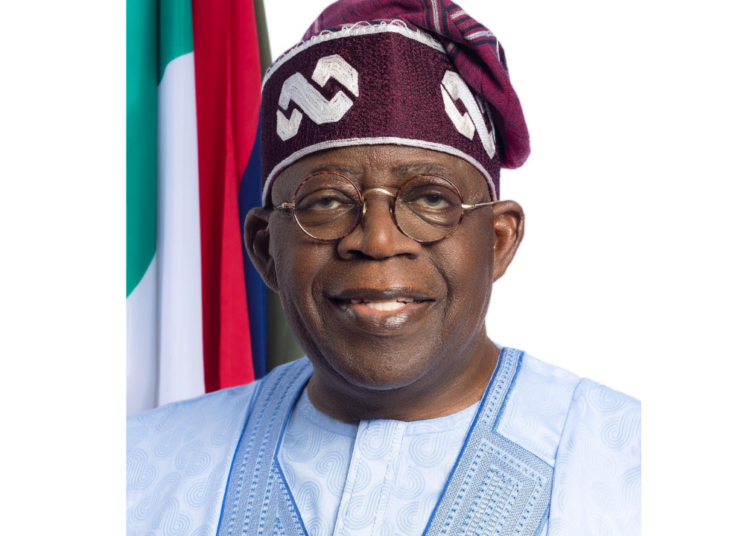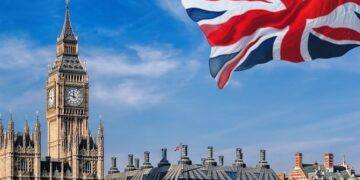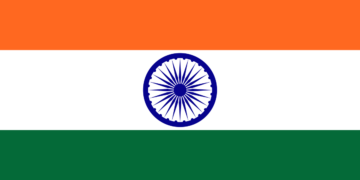BRICS is the acronym derived from the first letters of a group of world’s emerging countries . B-Brazil, R- Russia, I- India, C-China and S- South Africa.
It is intructive that the only African country in the bloc is South Africa, which joined the group in 2010. South just hosted this edition of BRICS in Johannesburg recently amid high expectations as the former Apartheid enclave is also Africa’s most modernised economy and a major economy in the global south.
In fact, South Africa was finally considered during the first summit of the bloc in 2010, which was hosted by Russia just as members operate by consensus as all the five original members are also members of the Group of 20 (G20).
BRICS main goals are to stimulate regional development, improve multilateral trading systems, while ensuring better representation of emerging economies, energy efficiency and climate control.
Like the five fingers of the hand the bloc is working together to promote cooperation, dialogue and transparency in a proactive and pragmatic manner. The motive of the members is to enhance multilateralism, inclusive world order and win-win cooperation for a peaceful and harmonious community with a shared future for mankind.
The BRICS nations have enormous powers at the moment as the five nations are reported to have a combined Gross Domestic Product (GDP) of about $27.6 trillion, with China grossing roughly 60 percent.
The BRICS nations are large in size and population and having China, the world’s second largest economy, with a population of about 1.4 billion as well as India, with over 1.4 billion population and a super power Russia, BRICS has all it takes to change the global world order away from the dominance of the Western powers that constitute the G7, led by the United States and European countries. According to World of Statistics, by January 2024, China’s GDP will peak at $19.3 trillion, India $3.07 trillion, Brazil $2.08 trillion, Russia $2.06 trillion and South Africa $399 billion. Reports said that by 2030, BRICS countries are expected to contribute more than 50 percent of the global GDP.
In terms of land surface, the current BRICS countries have about 45 percent of world population — and more than 26 per cent of its land surface.
It therefore presents a huge matter for interrogation that such an emerging power bloc is making great strides without Nigeria the acclaimed giant of Africa and the continent’s biggest economy. It is also quite disturbing that during the Johannesburg summit, Nigeria was left out of countries that were invited to join the bloc by January 2024.
It may be that Nigeria is also reluctant to join the group due to many circumstances surrounding its foreign policy as there are also no established fact about what Nigeria is losing if It is not a member of the bloc. Experts however, believe that Nigeria might be losing ground and time if it failed in that regard.
Speaking as to why Nigeria may not have been invited to join the emerging Group, a former Nigerian High Commissioner to Singapore, Ogbole Ode, noted that Nigeria’s crises and internal dissension may have denied the country the chance to join the group adding that the country has been suffering from under performance and no longer reckoned with in international Affairs.
He noted the “ BRICS want a multi-polar world instead of the unipolar world and the emerging dynamic of the other powerful center must not be overlooked.”
Also Speaking to our correspondent, renowned international affairs expert, Dr. Austin Maho said that BRICS represents a new global order whose time has come. He added that Western hegemony and dominance has ran its course and its only natural that a shift in global order towards multilateralism and a rule based global order should replace the current order that serves western hegemony to the detriment of countries in the global south.
“ It is not surprising to see that the BRICS nations are actually made up of countries in the global south. They are making a strong statement and presenting themselves as a counter force to the G7 nation. Currently some estimates states that BRICS nations controls about 33℅ of the global economy while the G7 controls 27℅.
“Already we can see that the BRICS nations are an economic powerhouse. Only today 6 other nations of the UAE, Iran. Saudi Arabia, Argentina, Egypt and Ethiopia were admitted into BRICS making it BRICS+ 6. This is huge. It represents a tectonic shift in global economic order which would clearly rival and relegate the G7 going into the future.
“These initial steps are sustainable obviously. Sustainability means continuity. That being the case it is evident that the block itself is careful about just throwing its doors open to all applicants. By some estimates over 30 nations applied to be members of the block but only 6 were admitted.
“They block it would seem are be deliberate in choosing which country to admit in terms of what they are bringing to the table. If you take a careful study of the countries that were just admitted you can tell what they are bringing to the table that would further strengthen the block and help it build on its strength in a sustainable manner.”
On why Nigeria is yet to be a member of this powerful group Dr. Maho said “It is unfortunate that Nigeria in the last decade has maintained an ambivalent and ambiguous foreign policy that is not clear to anybody. Yet we call ourselves the giant of Africa. South Africa is playing the role Nigeria ought to be playing in the continent.
“ This is unfortunate. There was a time during the 13th BRICS summit there was talk of a BRINCS to accommodate Nigeria, but we never made or never showed enough commitment to join the bloc. I hope we don’t regret this in future because Nigeria needs the right partnership to help grow our economy. The West has consistently failed us in achieving our nation goals of economic prosperity and industrialization.
“Should we embrace the East fully, remain non aligned or take the middle ground? These are questions our foreign policy experts must seat and deliberate on so that we don’t end up being short changed in the emerging global order.
“In any case i believe that Nigeria should have at least gotten an observer chair in BRICS, to have been seemingly ignored is a bitter pill to swallow and the consequence could be catastrophic in future,” he said.





